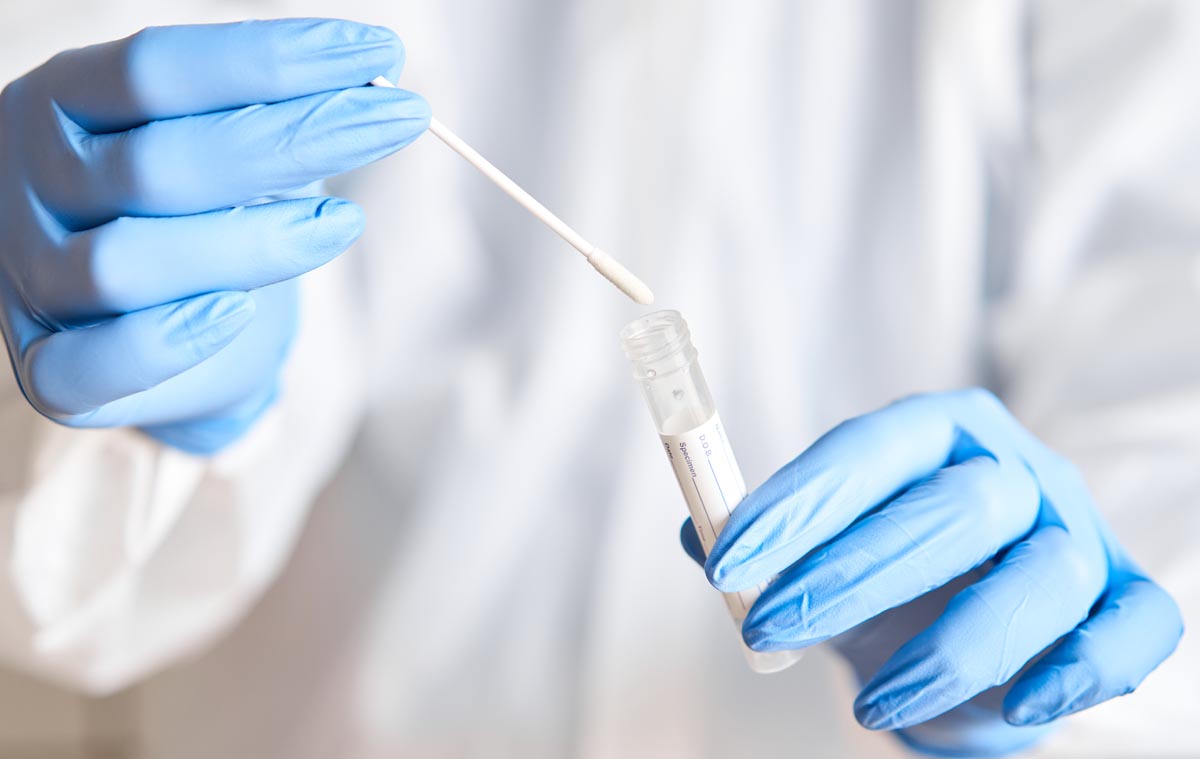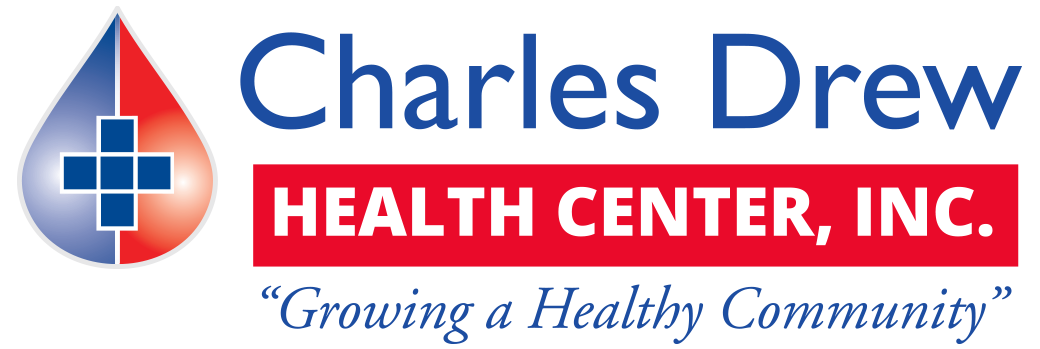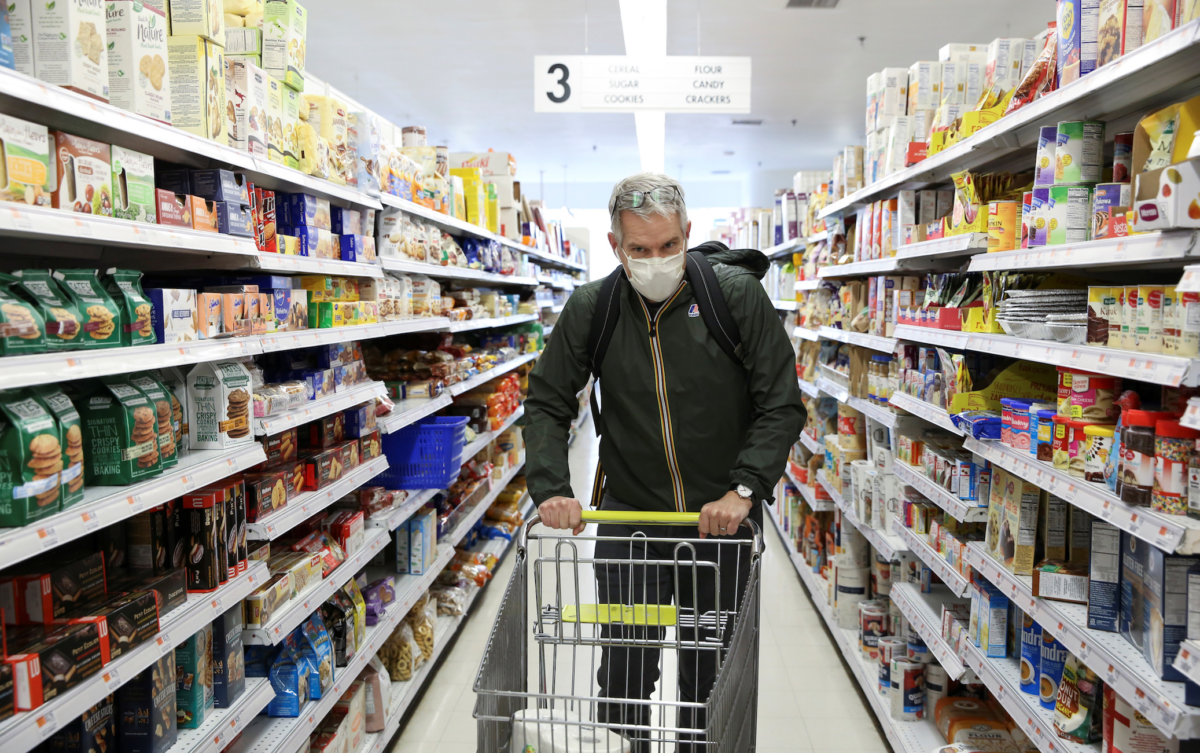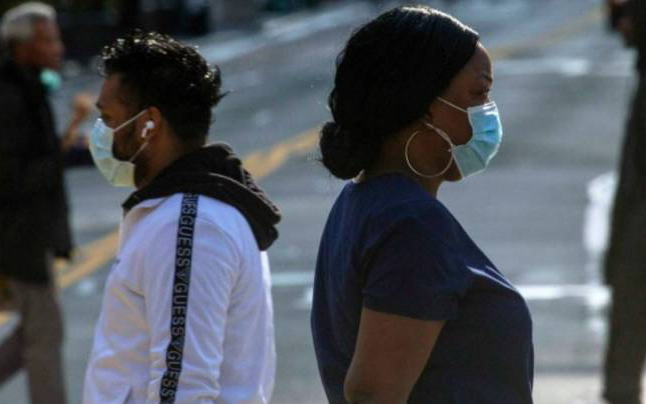Testing Matters

As we continue to learn more about the coronavirus and the disease it causes, COVID-19, it’s becoming increasingly clear that the virus is exploiting existing fissures in American life and exposing longstanding racial and economic inequality in our communities.
While all Americans are vulnerable to infection by the virus, data shows that African Americans are especially susceptible to contracting the virus and experiencing severe symptoms. Recently, the Centers for Disease Control and Prevention (CDC) found that 33% of people who’ve been hospitalized with COVID-19 are African American, yet only 13% of the U.S. population is African American. At the time of this writing, in Douglas County African Americans accounted for 21.5% of total confirmed positive cases of COVID-19, despite making up only 11% of the county’s total population.
This data may be a surprise to some, but the underlying causes are the same social drivers (determinants) of health that have faced our community for decades. Institutional racism, poverty (and the toxic stress it frequently causes), unsafe housing, food deserts, and a lack of access to quality, affordable health care, have created widespread health disparities in America, especially when it comes to chronic conditions.
African-Americans are much more likely to suffer from chronic diseases such as asthma, diabetes, heart disease, and high blood pressure – and these underlying conditions make us more susceptible to the potentially fatal impact of COVID-19. Dr. James Hildreth, President and CEO of Meharry Medical College, says “it all relates to the social constructs that make it more difficult for African Americans to achieve health equity. We live in food deserts, we live in small spaces with lots of people, and that promotes virus spread. People are uninsured, and if you’re uninsured, you’re less likely to seek medical attention until your disease is quite advanced.”
In order to control the virus, we must have a clear understanding of its prevalence in our community and be able to identify and isolate infected individuals. This requires widespread testing and tracing the contacts of positive cases. As the largest provider of primary integrated health care in North Omaha, CDHC is on the frontlines of preventing the spread of COVID-19 in our community. We are currently providing testing at our main health center location, 2915 Grant St., and 30 Metro located at 5319 N. 30th St. to individuals who meet the CDC recommendation for priority population testing and are presenting with signs and symptoms. In addition, we believe that providing testing to asymptomatic individuals in order to better understand incidence of COVID-19 in our community and identify any potential hotspots is essential in reducing the spread of the virus
However, our resources are limited. Charles Drew Health Center’s capacity to test far exceeds our access to the necessary testing supplies. Our staff is bravely serving on the frontlines, risking their health and safety to serve the greater community, but we are limited by a continued shortage of available testing and personal protective equipment. We must do more as a community, state, and nation to make sure that our health care professionals have access to the necessary resources to do their job and serve our communities.
We need your help as well. It is essential that you continue to reinforce the importance of measures that all people can take to help prevent the spread of the virus, such as personal distancing at a minimum six feet, proper handwashing at least twenty seconds, avoiding large crowds, wearing a cloth facial covering and above all stay home, stay safe, stay informed.
I continue to be inspired by our community’s response and I know that we will emerge from this stronger than ever. Charles Drew Health Center, Inc. has always been committed to the ongoing health and well-being of our patients, employees, and the community we serve. In addition to following Centers for Disease Control and Prevention (CDC) guidelines and maintaining standard infection control best practices, we are working proactively with the Nebraska Department of Health and Human Services, Douglas County Health Department, and countless partner organizations to monitor, stay informed and keep our community safe and healthy. If you believe you may be suffering from symptoms of COVID-19 including fever, cough, or shortness of breath, please call us at (402) 451-3553.


